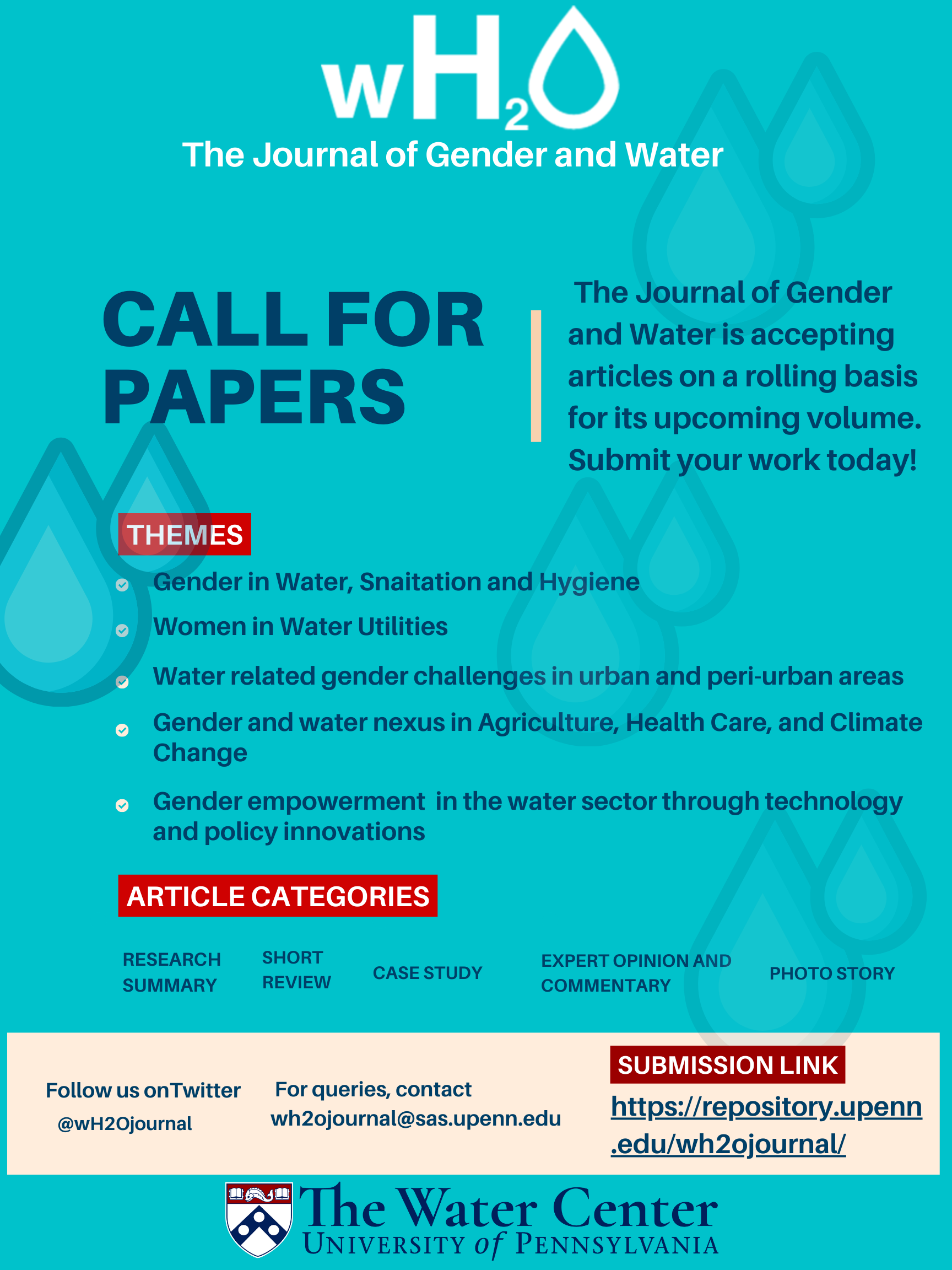World
Carbon removal using ‘blue carbon’ habitats “uncertain and unreliable”
Posted on 29 Jul, 2022 12:17 PMRestoring coastal vegetation – so called ‘blue carbon’ habitats – may not be the nature-based climate solution it is claimed to be, according to a new study.

Transitioning from risk to resilience with SDG localisation
Posted on 25 Jul, 2022 11:52 PMFloods are a recurring phenomenon in Bangladesh and the adjoining state of Assam, India. The ongoing large-scale flooding here is not an exception. Floods often trigger landslides and large-scale river-bank erosion.

Mapping carbon reserves to fight climate change
Posted on 20 Jul, 2022 06:29 PMEmissions of carbon to the atmosphere must remain below ∼250 petagrams (PgC) (918 PgCO2) from 2021 onward to achieve the Paris Agreement’s goal of limiting global temperature rise to well below 2 °C. At present rates, that amount of carbon will be emitted by 2045.

Need to consider multiple values of nature in policy decisions
Posted on 18 Jul, 2022 09:24 PMThe way nature is valued in political and economic decisions is both a key driver of the global biodiversity crisis and a vital opportunity to address it, according to a four-year methodological assessment by 82 top scientists and experts from every region of the world.

India-Bangladesh floods change course of children’s lives as entire districts submerged
Posted on 23 Jun, 2022 05:55 PM
Planetary consequences of the mismanagement of land resources
Posted on 26 May, 2022 09:13 AMUnited Nations Convention to Combat Desertification's (UNCCD) evidence-based flagship Global Land Outlook 2 (GLO2) report states that “as food prices soar amid rapid climate and other planetary changes, “crisis footing” needed to conserve, restore and use land sustainably.” The report is the most comprehensive consolidation of information on the topic ever assembled.

Towards food system transition
Posted on 16 Apr, 2022 06:50 PMMarking its fifth year of formal presence in the country The Nature Conservancy (TNC) India held a special event in New Delhi in which Suresh Prabhu, Former Union Cabinet Minister and Member of Parliament, and Amitabh Kant, Chief Executive Officer, Niti Aayog were

Systems at breaking point
Posted on 13 Jan, 2022 10:14 PMThe past decade has seen the advent of several important global policy frameworks including the 2030 Agenda for Sustainable Development, the Paris Agreement on climate change, the Sendai Framework for Disaster Risk Reduction 2015–2030, the Small Island Developing States Accelerated Modalities of Action, the New Urban Agenda and the Addis Ababa Action

Can weather index insurance be a win for all?
Posted on 08 Oct, 2021 03:25 PMDeveloping countries are already enduring the worst of climate change.

